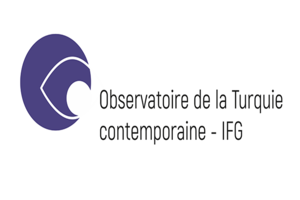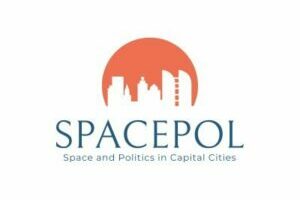EU’s debit card scheme some relief for the Syrian refugees stuck in Turkey, article by Yavus Baydar
EU’s debit card scheme some relief for the Syrian refugees stuck in Turkey
Posted on the 4th of October 2016
Turkish President Tayyip Erdogan criticized the European Union on Monday, saying the bloc had failed to fulfill its pledge to provide 3 billion euros of aid for migrants as part of a landmark deal to stem refugee flows to Europe.
“The year is coming to a close,” Erdogan said at a science and technology conference in Ankara. “They promise but do not deliver,” he said.
This is not the first time of Erdoğan’s bashing of the EU, nor will it be the last. While keeping Brussels on edge, Turkish president is well aware how statements like this makes his image stronger at home by every that that passes.
But, below the surface, some developments keep up the hope – for those struck by the war.
If there is any passage left between crisis-stricken Turkey and a seemingly rudderless European Union these days, it goes through the fragile refugees-in-exchange-for-visa-freedom deal that both sides are keen on keeping alive.
Against the backdrop of a growing exchange of harsh words over the mutually failed promises that taint the accession process, common ground remains over finding solutions, however palliative they may look, for Syrian refugees on Turkish soil.
One significant recent initiative in favour of millions of people who fled the war in Syria marks a threshold. EU Commissioner for Humanitarian Aid and Crisis Management Christos Stylianides, during a late September visit to Ankara, said that a $390.5 million aid project would be used to provide refugees living outside camps debit cards to buy food.
The project, called the Emergency Social Safety Net (ESSN), means that each of a million refugees will be able to spend about $34 per month for food, housing, clothing and education, using those cards also for withdrawal of money from automated-teller machines.
Described as the biggest and largest humanitarian project the European Union has ever supported, ESSN is part of a $3.36 billion fund approved by the union to help Turkey improve living conditions of the refugees.
Another $3.36 billion is to be sent to Turkey if the first tranche is used efficiently and benchmarks are met. (The European Union also signed a grant worth a total of $6.73 billion to be divided in half and used for education and health issues concerning the refugees.)

Of the 5 million people forced to flee Syria, about 3 million are in Turkey, which makes it the country hosting the largest number of refugees in the world. The burden has been high and increasing as social structures in border provinces become severely strained, although the influx has so far not caused significant resentment or violence from the local population.
There is concern that there may be a new exodus of civilians from the Aleppo area, where battles and air strikes have left 2 million people, according to the United Nations, without water.
Most of them will probably seek a way into Turkish territory.
For the European Union, the approach remains the same. Instead of acting more resolutely to deal with the main source of the problem — the war in Syria — its scope is as narrow as before. While seeking to stem the flow of refugees onto European soil, it seems unable to persuade some of its member countries in the union’s centre and eastern flank.
While Greece and Italy are expected to take in 160,000 refugees, Slovakia, Hungary and the Czech Republic flatly refuse to get involved, exposing Islamophobia and defying foundational values of the very European Union they joined.
And, to the contempt of many humanitarian agencies, they get away with it.
One silver lining in the deal, however limited, is that the flow of refugees across the Aegean has slowed significantly. On average, 85 people arrived in Greece every day since June in comparison to more than 1,700 a day in March, a month before the deal was signed.
Yet, the larger issue remains a challenge between Turkish President Recep Tayyip Erdogan and the European Union. Erdogan, unsatisfied with the $6.73 billion grant, gave the European Union an ultimatum that it should agree to waive visa requirements for Turkish citizens by the end of October.
The European Union, citing particularly Turkey’s anti-terror law, says some criteria for doing so have not been met by Ankara and it will have to wait. In return, Erdogan’s salvo is to threaten to suspend the readmission agreement. Tensions remain high and the European Union keeps blinking.
Feelings are mixed, nevertheless. While the European Union fears a massive exodus into Europe, not by Syrian refugees, but Turkish citizens who are disgruntled with the growing oppression in the country, Erdogan knows how to play his cards. His half-sealing the borders to Turkish citizens by cancellation of passports has not caused any protests from the European Union, which otherwise should have been sensitive regarding travelling as a constitutional right.
Erdogan knows also that Berlin, Paris and London would show some selfish sympathy for his idea to establish a safe zone for refugees in Syrian territory. All this, of course, is part and parcel of today’s realpolitik.
And, given the circumstances, one should nod humbly if a Syrian refugee feels thankful for about $34 per month.



